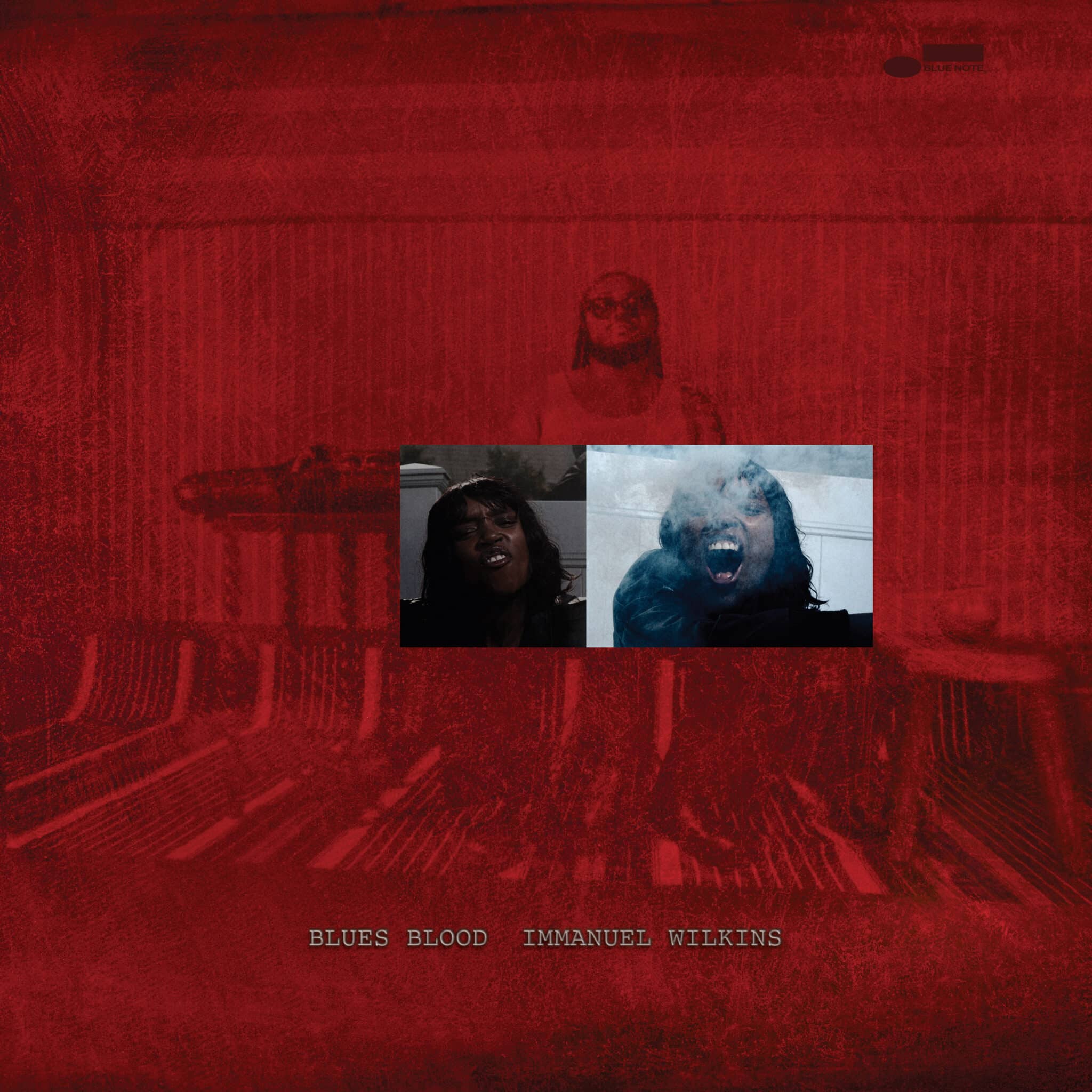Immanuel Wilkins – ‘Blues Blood’
Printed From: JazzMusicArchives.com
Category: Jazz Music Lounges
Forum Name: Jazz Music News, Press Releases
Forum Description: Submit press releases, news , new releases, jazz music news and other interesting things happening in the world of jazz music (featured in home and artist page)
URL: http://www.JazzMusicArchives.com/forum/forum_posts.asp?TID=31931
Printed Date: 30 Dec 2024 at 10:01am
Software Version: Web Wiz Forums 10.16 - http://www.webwizforums.com
Topic: Immanuel Wilkins – ‘Blues Blood’
Posted By: snobb
Subject: Immanuel Wilkins – ‘Blues Blood’
Date Posted: 11 Oct 2024 at 4:40am
by https://ukjazznews.com/writer/andrew-taylor-dawson/" rel="nofollow - Andrew Taylor-Dawson
 On his third outing for the Blue Note label, alto-Sax maestro Immanuel Wilkins serves up his most ambitious record to date. Blues Blood is an expansive suite of tracks woven together by themes of personal and ancestral memory and above all else the overriding power of the blues. The album takes its title from a play on a quote by Daniel Hamm, a member of the Harlem six, a group of young boys falsely accused of murder and severely beaten by prison guards in the 1960s. When awaiting trial Hamm stated that he “had to open up the bruise and let some of the bruise blood come out” Although the police had beaten him, they refused to believe his injuries needed attending to as there wasn’t any visible blood running across his skin. Switching out the word ‘bruise’ for ‘blues’ brings a new layer of meaning to the sentence and neatly sums up Wilkins’ concept for the record, centred on shared experience, trauma and overcoming it. Wilkins states that “the blues as a feeling has served a symbol of pleasure in pain for Black folk dating back to work on the plantation”, before adding “there is a dichotomy between Black people singing songs about how bad their conditions were, yet the blues is something that feels so good”. This dichotomy lives at the heart of this record. Alongside his quartet, which features Micah Thomas on piano, Rick Rosato on bass, and Kweku Sumbry on drums – Wilkins for the first time works with a series of vocalists. Vivid imagery is created throughout by the appearances from June McDoom, Yaw Agyeman, and Ganavya whose raga-inflected vocals add new layers of sonic and emotional depth to tracks such as the pulsing and experimental “Everything” and the stand-out lead single “Afterlife Residence Time”. Elsewhere, a special guest appearance from singer Cecile McLorin Salvant, provides another high point as she intones “in my best and worst and times, my reflection will resemble you” above a lilting Wilkins composition, that sees his sax work providing a delicate counterpoint to her voice. Alongside the nine substantive compositions, there are five interlude pieces, which producer Meshell Ndegeocello encouraged Wilkins to include as “thematic material” to help weave the suite together. At times for me, they serve this purpose, but I could have possibly done with fewer of them. That said, this is a very minor criticism. The record shifts and pulses, taking the listener of places of great ancestral pain to places of joy and spiritual exultation, such as on the redemptive title track, which closes out the set. Micah Thomas also puts in an exuberant and highly memorable piano solo in the middle of this cut. Across the entire set, Wilkins’ dextrous and emotive work on the alto saxophone is a sonic thread that helps to bind together the different moods and sonic palettes that comprise this wide-ranging and emotional record. The hand of the extraordinary musician and producer Meshell Ndegeocello is felt throughout, in terms of the commitment to the thematic consistency of the whole. She is of course no stranger to such approaches, having released her own highly conceptual sonic statement No More Water: The Gospel of James Baldwin this year. On Blues Blood, we find Wilkins in fiery form, developing exponentially as a composer and band leader and ultimately delivering his largest and most impactful statement to date. Across his three albums, he has demonstrated a varied and multi-faceted approach to playing and composition, which will surely only grow with time. from https://ukjazznews.com |